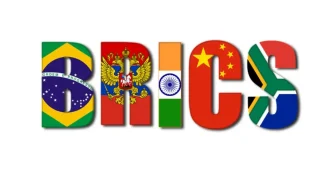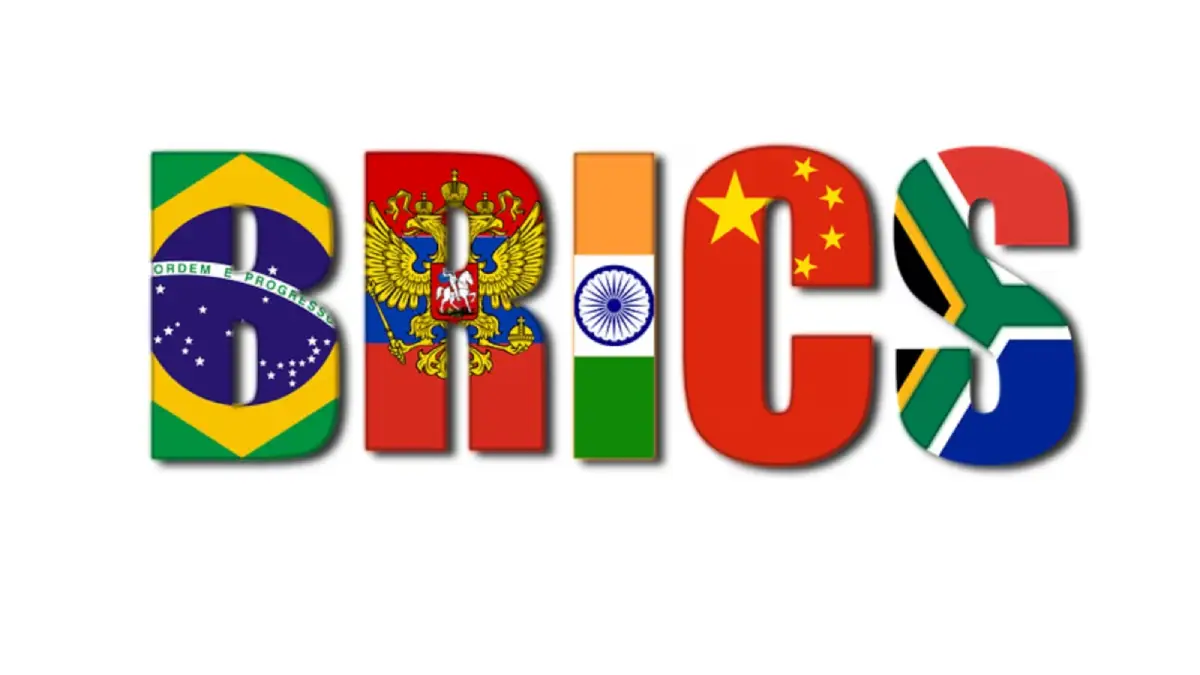Kuala Lumpur’s leader, Prime Minister Anwar Ibrahim, has set off on a pivotal week-long international tour, targeting economic powerhouses in Italy, France, and Brazil. From July 1 to 7, 2025, Anwar aims to strengthen trade ties, deepen strategic partnerships, and position Malaysia as a key player on the global stage, leveraging its role as Asean Chair for 2025.
A Strategic Journey Across Three Continents
Prime Minister Anwar Ibrahim, accompanied by a high-profile delegation of senior officials, cabinet ministers, and business leaders, departed Kuala Lumpur on July 1, 2025, for a tightly scheduled tour spanning Rome, Paris, and Rio de Janeiro. The Prime Minister’s Office (PMO) has framed the visit as a critical opportunity to enhance Malaysia’s economic footprint and foster deeper international collaboration. According to Tunku Nashrul Abaidah, Anwar’s senior press secretary, the three destinations collectively accounted for bilateral trade worth RM50.91 billion (~US$10.8 billion) with Malaysia last year, underscoring their importance to the nation’s economic ambitions.
The government hopes a series of high-level meetings in Rome, Paris, and Rio de Janeiro will strengthen friendships, boost trade, and open up new opportunities for Malaysians and the Asean community. The delegation’s travel via a chartered Malaysia Airlines flight, rather than a government aircraft, was chosen for cost-effectiveness and efficiency, given the packed itinerary across three continents.
Rome: Strengthening Malaysia-Italy Ties
The first leg of Anwar’s journey begins in Rome, where he will hold a one-on-one meeting with Italian Prime Minister Giorgia Meloni at the Chigi Palace. This encounter is expected to serve as a platform for both leaders to assess the current state of Malaysia-Italy relations and explore new avenues for cooperation. Key areas of focus include economic partnerships, defense technology, and energy initiatives, reflecting shared interests in innovation and security.
Beyond bilateral discussions, the meeting will also address broader regional and international concerns. As Malaysia holds the Asean Chair for 2025, Anwar is set to emphasize the regional bloc’s priorities, including the Asean-Italy Development Partnership and Asean-European Union Dialogue Relations. Additionally, both leaders are expected to exchange views on pressing global issues, such as the ongoing situation in the Middle East, though specific outcomes remain speculative at this stage.
Anwar will also officiate the Malaysia-Italy Economic Partnership Roundtable, a forum designed to bring together industry leaders from both nations. This event aims to catalyze trade and investment opportunities, with a particular focus on sectors where Malaysia holds competitive advantages, such as technology and renewable energy. Furthermore, the Prime Minister is scheduled to engage with the local Muslim community and connect with the Malaysian diaspora in Italy, reinforcing cultural ties alongside economic goals.
Paris: Deepening Ties with France
From Rome, Anwar and his delegation will travel to Paris for a series of engagements, including a high-level meeting with French President Emmanuel Macron. Discussions are expected to center on trade, technology, and education, areas where France and Malaysia have historically collaborated. Tunku Nashrul highlighted that Anwar will also participate in a business roundtable with major French industry players, signaling Malaysia’s intent to attract investment from European giants.
A notable highlight of the Paris visit is Anwar’s public lecture at Sorbonne University on July 4, 2025. This event offers the Prime Minister a platform to articulate Malaysia’s vision for global partnerships and its role as Asean Chair, while also engaging with academic and intellectual communities in France. Such interactions could pave the way for educational exchanges and research collaborations, though specifics of the lecture’s content have yet to be disclosed.
Rio de Janeiro: Malaysia at the BRICS Summit
The final stop in Anwar’s tour is Rio de Janeiro, where he will attend the BRICS Summit at the invitation of Brazilian President Luiz Inacio Lula da Silva. Malaysia’s participation as a BRICS partner country—officially recognized on January 1, 2025—and its position as Asean Chair lend significant weight to its presence at the summit. According to Tunku Nashrul, Malaysia will focus on critical global issues, including international law, the governance of artificial intelligence, and climate change.
The BRICS platform offers Malaysia a unique opportunity to align its economic and strategic priorities with those of emerging and established powers. Anwar’s engagement in Rio de Janeiro could potentially shape Malaysia’s role in global governance frameworks, particularly in areas like technology and environmental sustainability. While the outcomes of these discussions remain uncertain, Malaysia’s active participation signals its ambition to be a proactive player in international forums.
Business Delegation: A Catalyst for Growth
A significant component of Anwar’s tour is the accompanying business delegation, comprising prominent Malaysian companies such as Khazanah, Tenaga Nasional Bhd, Maybank, CIMB, AirAsia, Sunway, and Weststar. Tunku Nashrul noted that some of these firms already have established operations in Italy, France, or Brazil, while others are exploring new investment opportunities to expand their global networks.
The selection of the business delegation was overseen by the Investment, Trade and Industry Ministry (Miti), with facilitation from the Malaysian Investment Development Authority (Mida) and the Malaysia External Trade Development Corporation (Matrade). This structured approach ensures that the delegation’s participation aligns with Malaysia’s broader economic objectives. While the government covers the costs for the official delegation, business representatives are responsible for their own travel and accommodation expenses, a measure aimed at balancing public expenditure with private sector involvement.
Logistical Efficiency and Public Perception
The decision to use a chartered Malaysia Airlines flight for the tour has drawn attention for its logistical and financial rationale. Tunku Nashrul explained that the choice minimizes long transit times across the three countries, allowing the delegation to maximize their time on the ground. Travelling on the same flight will ensure punctual attendance of both government and business delegates at all scheduled meetings and engagement sessions.
This emphasis on efficiency also reflects a broader commitment to cost-effectiveness, as operating a full government aircraft for the duration of the trip was deemed less economical. However, the use of public funds for such international tours often invites scrutiny from Malaysian taxpayers, who may question the tangible benefits of these high-profile engagements. The government will likely need to demonstrate concrete outcomes—whether in the form of trade deals, investments, or strategic agreements—to justify the expenditure.
Malaysia’s Global Ambitions
Anwar Ibrahim’s week-long tour is more than a diplomatic exercise; it is a calculated move to position Malaysia as a dynamic player in the global economy. As Asean Chair for 2025, Malaysia carries the responsibility of representing not just its own interests but also those of the broader Southeast Asian community. The focus on economic hubs like Italy, France, and Brazil underscores a recognition that Malaysia’s future growth depends on diversified partnerships beyond its immediate region.
Yet, the success of this tour will hinge on the ability to translate high-level discussions into actionable outcomes. Trade agreements, investment commitments, and strategic collaborations will be the metrics by which this journey is judged. Moreover, Anwar’s engagement with international forums like the BRICS Summit offers a chance to shape global narratives on pressing issues like artificial intelligence and climate change—areas where Malaysia seeks to carve out a leadership role.
Looking Ahead
As Anwar Ibrahim navigates this ambitious international itinerary, the eyes of Malaysia and the wider Asean region will be on the outcomes of his engagements. Will these meetings yield the economic boosts and strategic partnerships that Kuala Lumpur envisions? Only time will tell, but for now, Malaysia’s leader is firmly focused on building bridges across continents.
















